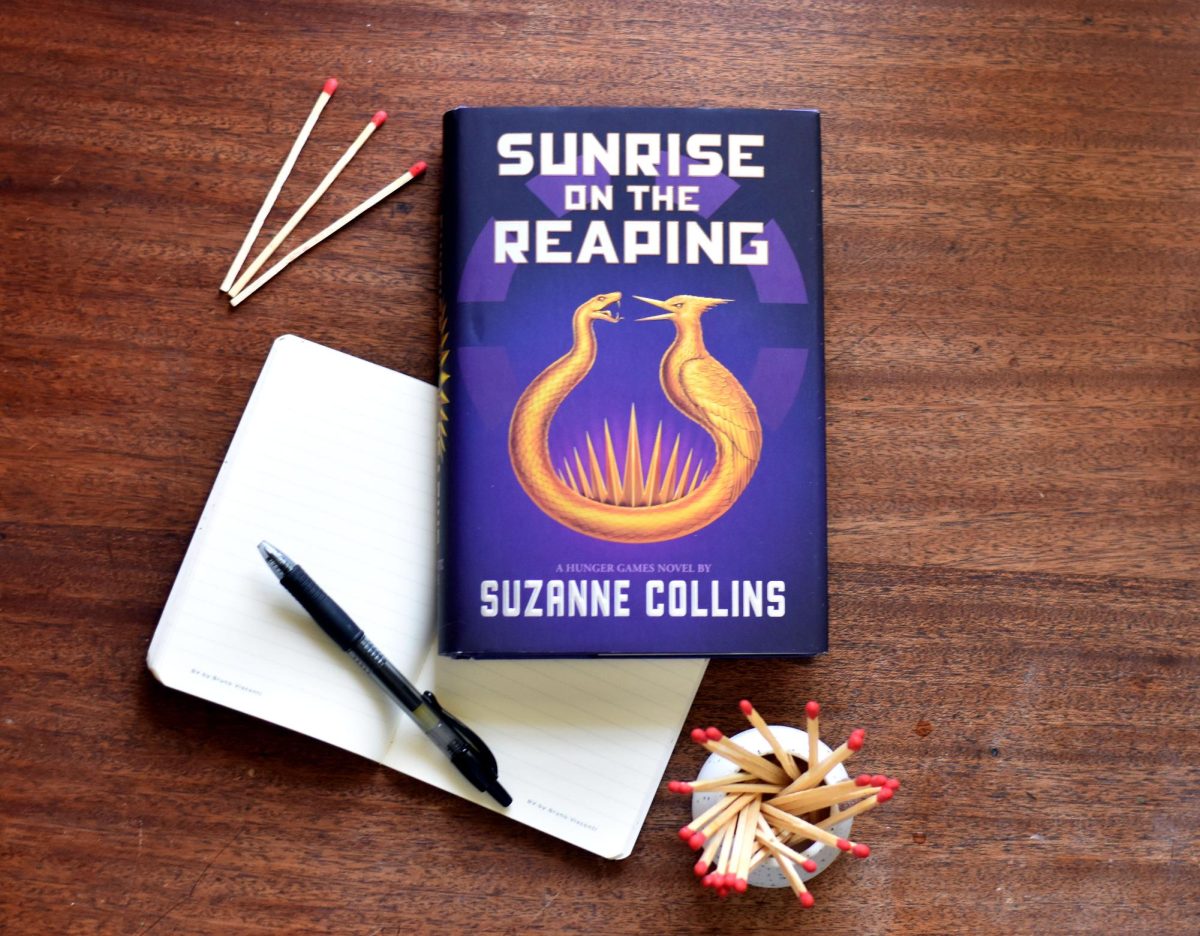Fan culture has every obsessive consumer in a chokehold. But is it really that much of a taboo to be a part of a fandom?
Being part of a fandom automatically connects you to people who have something in common. With the rise of the internet, a communal hub for all things creative emerged, and with it came many followings. Social media is where the majority of scattered fans from around the world come to find like-minded people, allowing for direct access to fandom of choice. Instagram and TikTok house large fanbases of various celebrities or media, such as for Taylor Swift, Harry Potter, and the reading community — BookTok. Even if someone doesn’t have many in-person friends who enjoy the same passion, there is almost a guaranteed set aside space for it online.
One of the most prominent fandoms that have grown in immense popularity is the cult of Taylor Swift. “Swifties,” which they call themselves, and social media, have connected fans with their object of fascination. Recently, their beloved Eras Tour reached its conclusion after two years of three hour shows and grainy livestreams.
While many scoff at their devotion and delusions, the culture around Swift’s music is overwhelmingly positive. Showing off handmade concert outfits, trading friendship bracelets, fangirling with strangers over surprise songs, and clowning after “upcoming” announcements are all part of the Swiftie fandom. It’s a safe space to bond around a shared love for Swift’s music, where all genders celebrate their passion.
Harry Potter is another fandom that has made waves online. After the first book was published in 1997, and the movie franchise following it, there has been a consistent and devoted fan base spanning millennials and gen Z generations. Fans of fictional characters and universes are connected to their beloved stories through their powerful themes, such as Harry Potter is steeped in the theme of loyalty.
The same can be said for the book community. Especially since the evolving BookTok or Bookstagram community continues to recommend and fangirl over new releases and intricate fantasy worlds. Recommendations are passed around, cultivating excitement around certain books. This fandom has played a major role in publishing, making it a decisive vote for what books become successful in contemporary literature.
All these online communities have the underlying theme of enjoying their passion together. While some see fans as “fanatics,” people who are overly obsessive to a degrading degree, most are normal people finding joy in connecting with their interest of choice.
So the answer is no, being a fan of something isn’t bad. It can bring people together over a shared passion.








